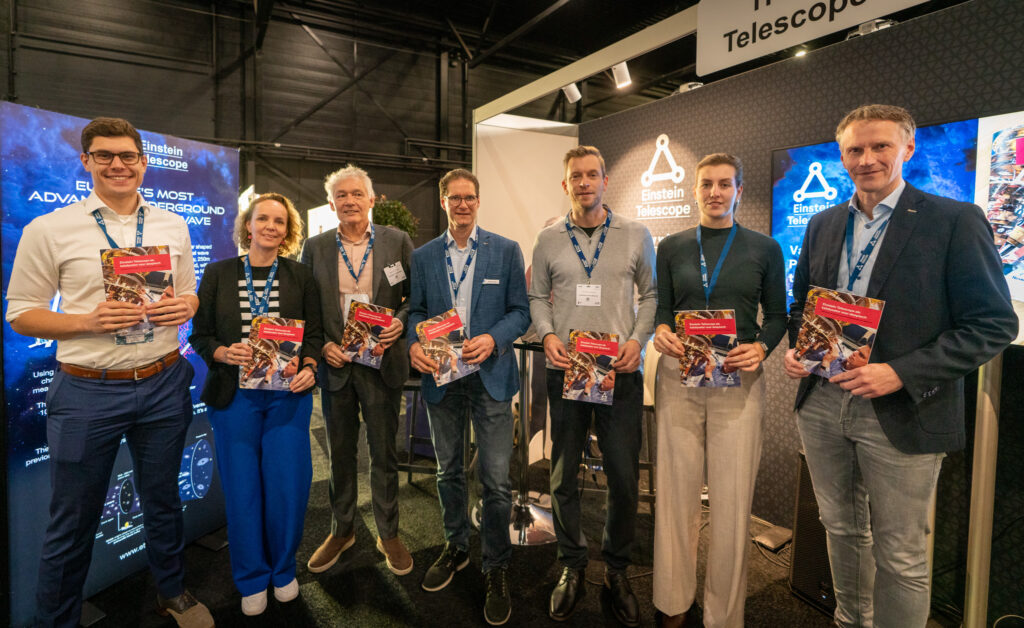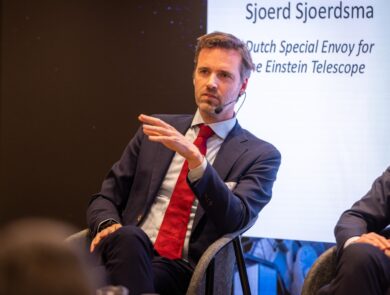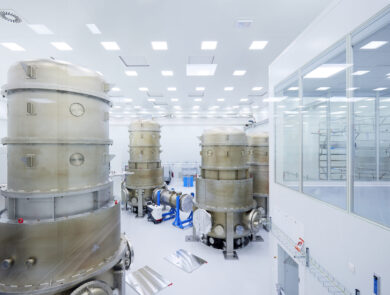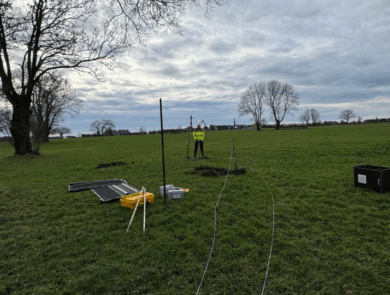Einstein Telescope technologies strengthen European autonomy
The technologies being developed for the Einstein Telescope are already having a positive impact on fast-growing markets such as semiconductors, quantum, medtech & life sciences, defence & security, and space & astronomy.
The new value chains and high-quality jobs generated by the Big Science project are therefore not only of economic and social importance; they also strengthen Dutch and European autonomy in relation to competition from the United States and China.
Earning capacity
The ecosystem and the infrastructure that has been built up form a strong and lasting basis for earning capacity. The ETpathfinder in Maastricht is a good example of this as an R&D facility.
Presented
These are the main conclusions of the report Valorisatieperspectief Einstein Telescope (Einstein Telescope Valorisation Perspective) by LIOF, the regional development agency (ROM) of the province of Limburg (NL). The report was presented to the National Growth Fund, LIOF’s ET partners and, during the Precision Fair in Den Bosch, also to representatives of the business community.
Technologies
As the Einstein Telescope progresses from R&D to construction and operation over the next 10 years, opportunities will arise for small and medium-sized enterprises, suppliers, new collaborations between knowledge institutions and high-tech companies, and more opportunities for start-ups and scale-ups. This will strengthen the regional deep tech chain and enhance our export position. Deep tech involves companies that develop groundbreaking technologies based on scientific discoveries and technical innovations.
Direct benefits
Technology and know-how from the programme are finding their way into applications with direct benefits. Examples include better medical imaging and infrastructure monitoring, and more secure (data) communication. Large research facilities also attract talent and investment, which makes the region structurally more attractive to live, work and do business in.
Assignment
LIOF has been commissioned by the Ministry of Economic Affairs and Climate Policy to work with other ROMs to find companies and knowledge partners that are working on technologies for the Einstein Telescope through research and innovation. These technologies include vibration-free cooling, vacuum technology, optics (mirrors), vibration damping and thermal deformations.



